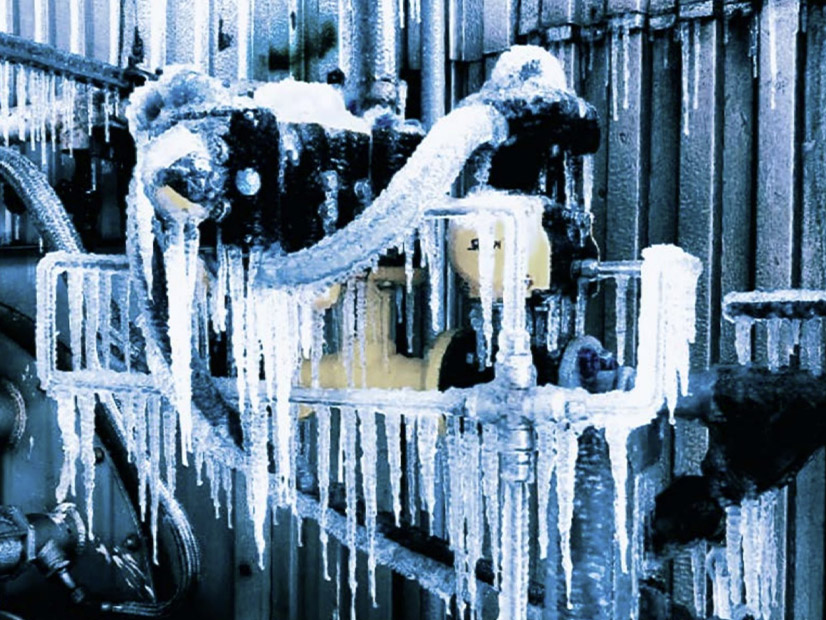NERC Trustee Roy Thilly urged members to adopt the agency’s new cold weather standards before they become enforceable in early 2023 during SERC Reliability’s year-end board meeting.
“The tolerance for outages is non-existent,” Thilly said Wednesday, referring to the general public’s attitude.
He also warned that regions can’t depend on neighboring supplies should a widespread weather event strike, saying it takes four years on average to implement a new standard after a major event.
“That simply is too long a period in some cases,” Thilly said. “We need to decide when we need to be more agile and nimble.”
SERC’s 2021 regional risk report listed supply chain issues, extreme weather, generation fleet transitions, cyber security threats, a dependence on rising natural gas prices and the challenge of integrating variable resources as major concerns this winter. (See Grid Faces Multiple Risks in Winter Months, NERC Warns.)
SERC CEO Jason Blake said the organization plans to tailor its operations more closely to its regional risk reports in 2022. He said it’s important for SERC to be able to point to the report’s sections as the reasons behind workshops and agenda items.
Blake also said SERC will focus more on severe weather preparations.
“We have a very hot footprint; we have parts of the footprint that get pretty cold,” he said. “We also have parts of the East Coast. … If you’re going to get hit by a hurricane, you’re probably in SERC.”
SERC board member Venona Greaff said the new freeze-protection rules should surprise no one.
“For many, it seemed like a freight train bearing down on us, but it’s been a long time coming,” she said, noting that parts of the country have been experiencing notable cold-weather strain on the grid since 2011.
Greaff said NERC left cold weather undefined, giving generation operators the responsibility of deciding which temperatures pose a risk. She said it’s not realistic for the Deep South to enclose entire plants in buildings like those in the North. Greaff said that during the summer, southern generation operators need heat to dissipate, but said operators could consider enclosing smaller segments of their facilities.
Melinda Montgomery, SERC’s senior director of engineering and advanced analytics, said about 86% of SERC entities in a recent survey intended to complete plant winterization before the end of November.
Montgomery said the organization plans to survey its members again on their performance following this winter.
Montgomery said while gas well-head freeze offs and frozen coal piles were an issue in SERC territory during February’s winter storm, frozen plant equipment, water supply issues and local transmission emergencies also contributed to the loss of load.
The February event culminated in the largest controlled firm load shed event in U.S. history at more than 23.4 GW. (See FERC, NERC Release Final Texas Storm Report.)
David Huff, an engineer with FERC’s Office of Electric Reliability, said the winter storm wrought the largest monthly decline of U.S. natural gas production on record. He said production in the continental U.S. dropped 28%; Texas’s production alone dipped more than 70% when compared to its January production.
Huff said 1,045 generating units experienced 4,124 “outages, derates or failures to start.” Of those failures, 58% came from natural gas-fired generation. He said frozen equipment accounted for more generation outages than fuel-supply issues. However, if there was an outage caused by fuel supply, it was overwhelmingly a natural gas generator.
Protecting transmitters, sensing lines and instrument against freezing, as well as protecting wind turbine blades against icing could have reduced offline megawatts caused by outages, Huff said.




